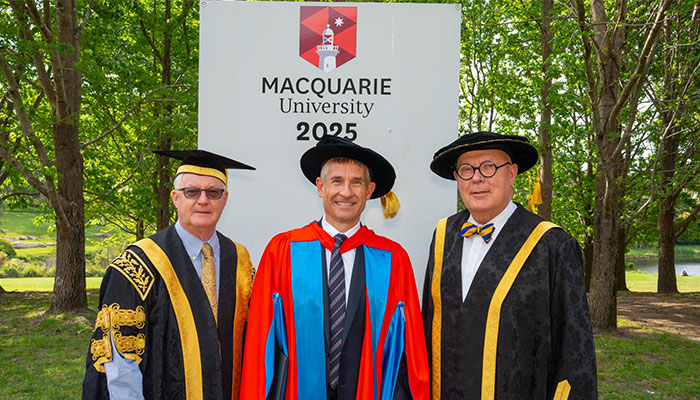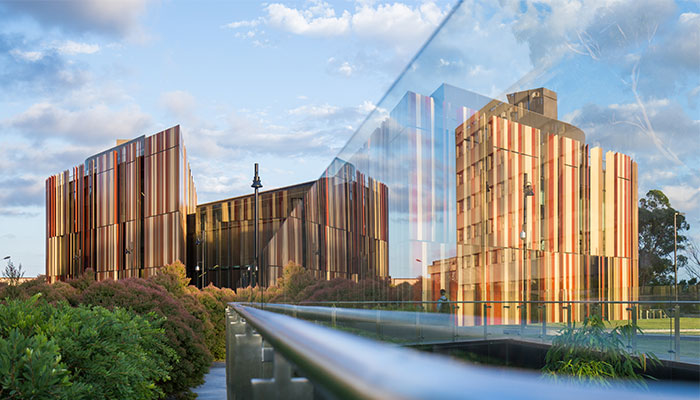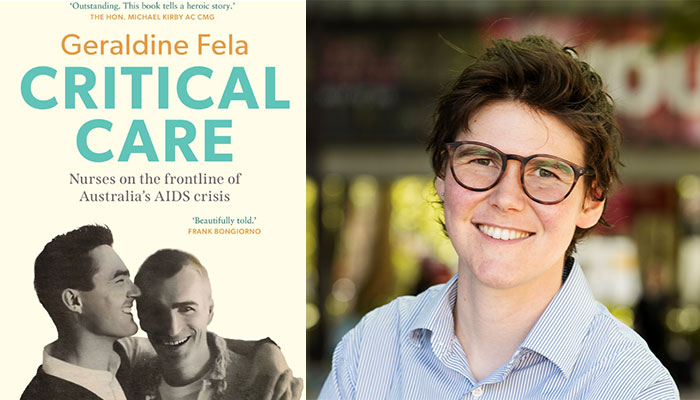When students return to campus for second semester, the University’s Doctor of Physiotherapy Health and Wellbeing Collaboration Program (HAWC) is calling for new staff and adult community participants for its August-November session.
As Macquarie’s increasingly popular Doctor of Physiotherapy course grows, the community is being encouraged to get involved and partner with the healthcare professionals of the future.
"The Health And Wellbeing Collaboration is an innovative approach to the education of Australia’s future health care workforce,” says Clinical Educator Jacque North. “The HAWC volunteers are community members of all ages, with any current medical problems, who volunteer to allow Macquarie’s Doctor of Physiotherapy students to visit them periodically.”
“The program involves the interaction of physiotherapy students and volunteers (HAWCs) meeting regularly to discuss their condition, how it affects them and how they interact with the health care system."
Although no direct treatment is given to HAWC volunteers, students will, over time, perform assessments of mobility and balance which may provide valuable information to the volunteer, their family and caregivers.
Students may also use assessment findings to suggest exercise and physical activity programs which will be tailored to the volunteer’s health goals and needs.
Students will start visiting their HAWC volunteers from the end of August until the end of November.
If you would like to be involved fill in the Expression of Interest form.
As Macquarie’s increasingly popular Doctor of Physiotherapy course grows, the community is being encouraged to get involved and partner with the healthcare professionals of the future.
"The Health And Wellbeing Collaboration is an innovative approach to the education of Australia’s future health care workforce,” says Clinical Educator Jacque North. “The HAWC volunteers are community members of all ages, with any current medical problems, who volunteer to allow Macquarie’s Doctor of Physiotherapy students to visit them periodically.”
“The program involves the interaction of physiotherapy students and volunteers (HAWCs) meeting regularly to discuss their condition, how it affects them and how they interact with the health care system."
Although no direct treatment is given to HAWC volunteers, students will, over time, perform assessments of mobility and balance which may provide valuable information to the volunteer, their family and caregivers.
Students may also use assessment findings to suggest exercise and physical activity programs which will be tailored to the volunteer’s health goals and needs.
Students will start visiting their HAWC volunteers from the end of August until the end of November.
If you would like to be involved fill in the Expression of Interest form.



